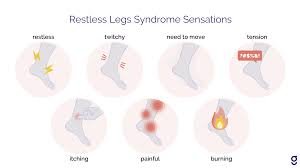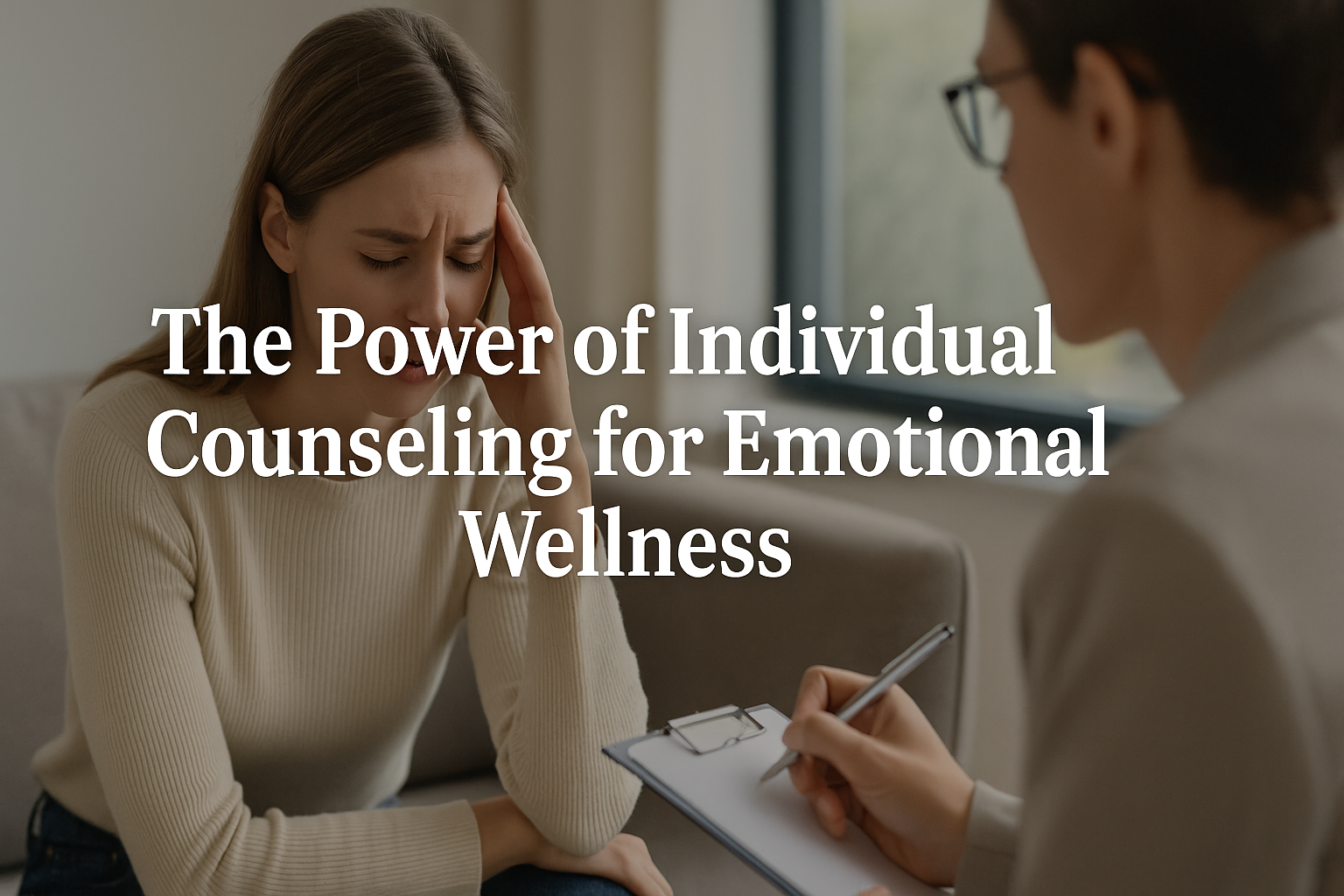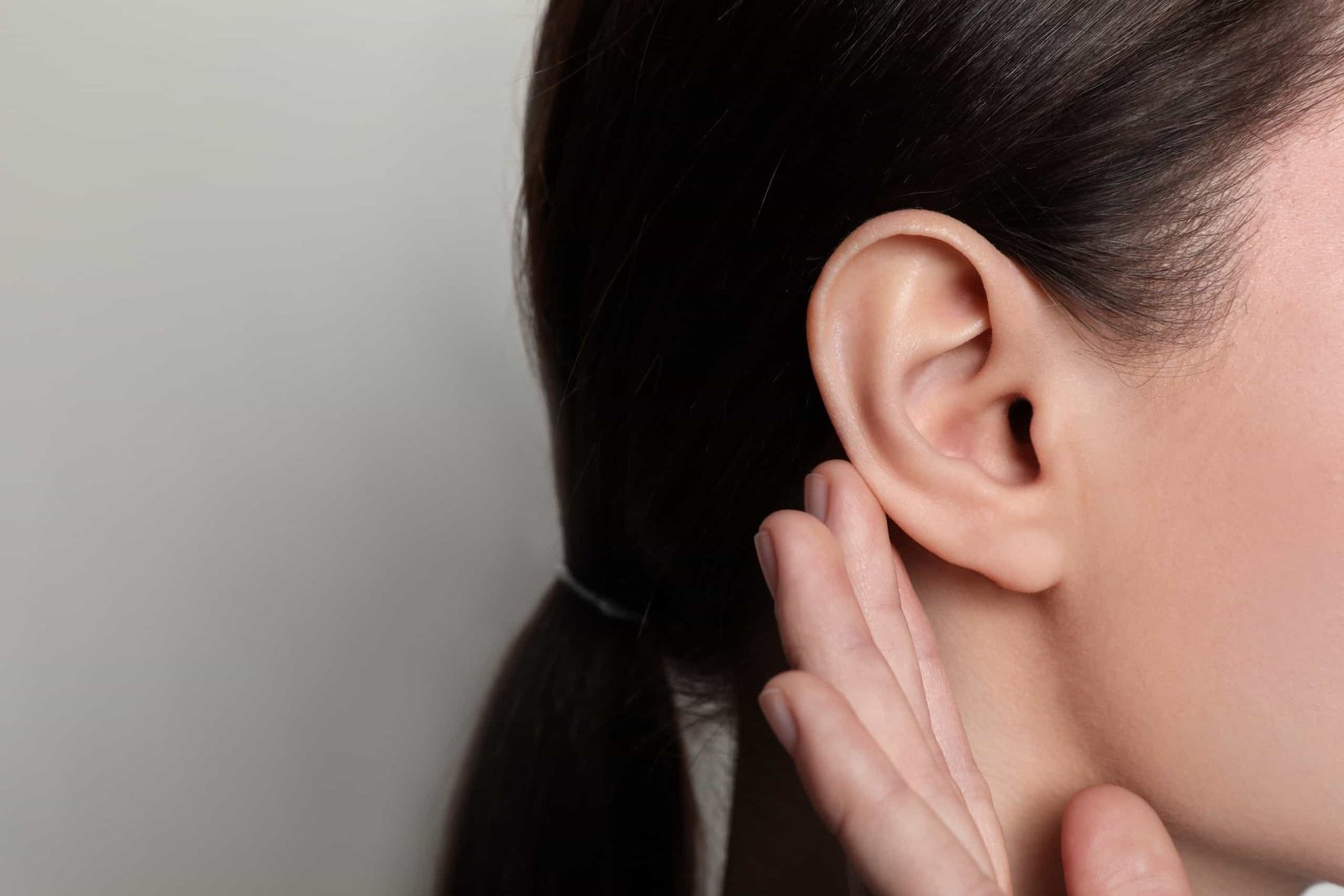Scientific studies that examine the complex relationships between physical and mental health provide credence to the idea of a “healthy body, healthy mind”
The proverb “healthy body, healthy mind” implies a close relationship between mental and physical health. This expression suggests that good mental health can result from preserving physical health and vice versa. But as our knowledge of health advances, it is critical to assess if this relationship is as clear-cut as it first appears or if it is oversimplified. The relationship between physical and mental health is examined in this article, which also looks at whether the adage “healthy body, healthy mind” is accurate. Research findings are highlighted.
The Relationship Between Mental and Physical Health
Physiologic Relationships:
The notion that mental and physical health are related is supported by scientific studies. For example, it has been demonstrated that engaging in regular physical exercise releases endorphins, which are endogenous substances in the brain that function as endogenous analgesics and euphorics. Additionally, exercise can lower cortisol and other stress hormone levels, which improves mental health.
Chronic Disease and Emotional Well-Being:
People who suffer from long-term medical ailments like diabetes, heart disease, or persistent pain frequently have increased rates of anxiety and despair. In addition to possible physical limits, the stress of treating a chronic illness can have a detrimental effect on mental health. This relationship implies that problems with mental health can arise from problems with physical health.
Eating habits and psychological health:
Nutrition is important for both mental and physical wellbeing. Foods high in nutrients can improve mental health and help control emotions. For example, there is evidence that deficits in specific minerals, like magnesium, B vitamins, and omega-3 fatty acids, increase the risk of anxiety and depression. In addition to supporting physical health, a balanced diet may also improve mental health.
Examining the Intricacy
It is important to acknowledge the intricacy of the interaction between physical and mental health, despite the obvious similarities. There are nuances that refute the simplistic belief that a healthy body leads to a healthy mind, even though numerous research support this theory.
Individual Variations Everybody has a different experience with their bodily and emotional well-being. The relationship between physical and mental health is heavily influenced by a person’s past, present, and heredity, among other factors. The relationship is not necessarily straightforward, since some people can have outstanding physical health and severe mental health concerns at the same time.
Disorders of the Mind Without Outward Signs:
Many mental health conditions, including depression and anxiety, can develop in isolation from any comorbid physical health conditions. This finding begs the question of whether mental and physical wellbeing are dependent on one another. Regardless of their physical state, people can experience mental distress, indicating the uniqueness and complexity of psychological elements.
The Relationship Between Mental and Physical Health Conditions pertaining to mental health can also impact physical health. For example, substance misuse, inactivity, and poor eating are all behaviors that can have a bad impact on one’s physical health and can be brought on by sadness and anxiety. In this sense, there is a reciprocal relationship between mental and physical well-being, as well as between the two.
Social Factors Affecting Health:
Social determinants are important in understanding the relationship between physical and mental health. The results of both physical and mental health can be greatly impacted by variables like socioeconomic level, access to healthcare, and social support networks. People from underprivileged backgrounds could have trouble keeping up their physical health, which might have an impact on their mental health.
The Impact of Lifestyle Decisions
Even though there are many intricate relationships between mental and physical health, lifestyle decisions continue to have a big impact on both. Both physical and mental health can be improved by practicing stress management strategies, eating a balanced diet, and getting frequent exercise.
Comprehensive Methods:
Holistic techniques that concurrently address mental and physical health are supported by a large number of health experts. Incorporating techniques like mindfulness, yoga, and meditation can enhance general wellbeing. These exercises not only build emotional resilience and physical fitness, but they also lower stress.
Systems of Community and Support:
Developing solid support networks and social networks has a positive effect on mental and physical well-being. Participating in collective endeavors, such as athletics or neighborhood gatherings, cultivates a feeling of acceptance and direction, which is essential for psychological health.
In summary
There is strong evidence to support the linkages between physical and mental health, despite the fact the expression “healthy body, healthy mind” oversimplifies the intricate interaction between the two. A healthy diet, regular exercise, and lifestyle decisions can all have a good impact on mental health. But it’s crucial to understand that mental health is a complex field impacted by a wide range of elements, such as upbringing, genetics, and life experiences.
In the end, the idea that mental and physical health are related is valid, but it shouldn’t override the realization that mental and physical health are separate entities. A holistic approach to health acknowledges the significance of both areas and encourages methods that enhance general wellbeing. People can work toward a happier, more balanced existence by taking care of their mental and physical health, appreciating the complexity of the human experience rather than distilling it down to mathematical formulas.















Leave a Reply